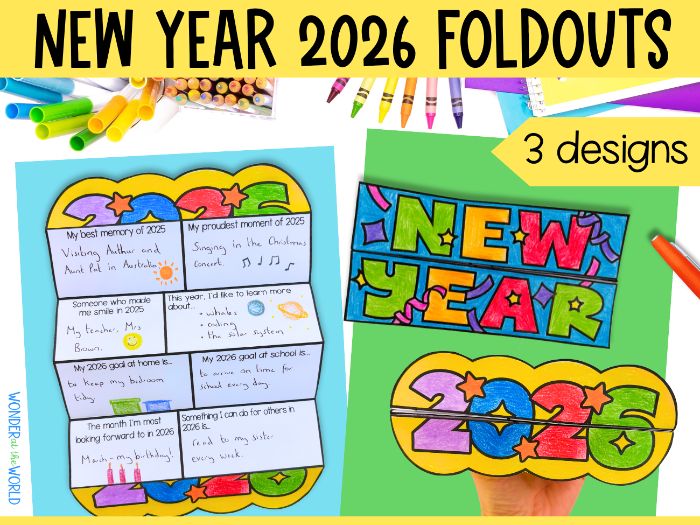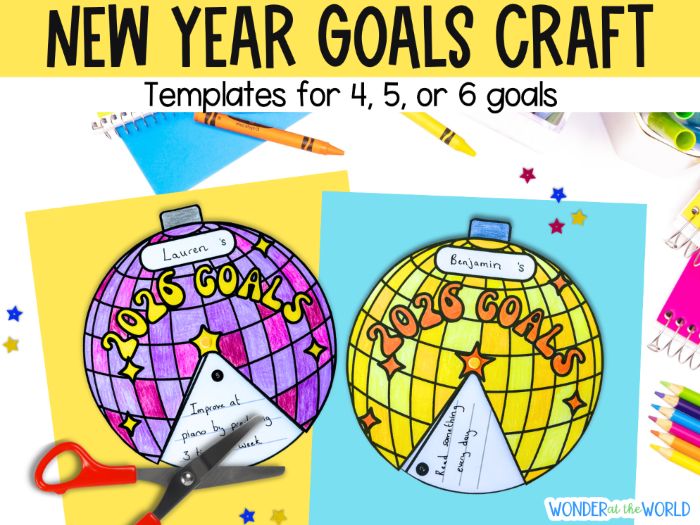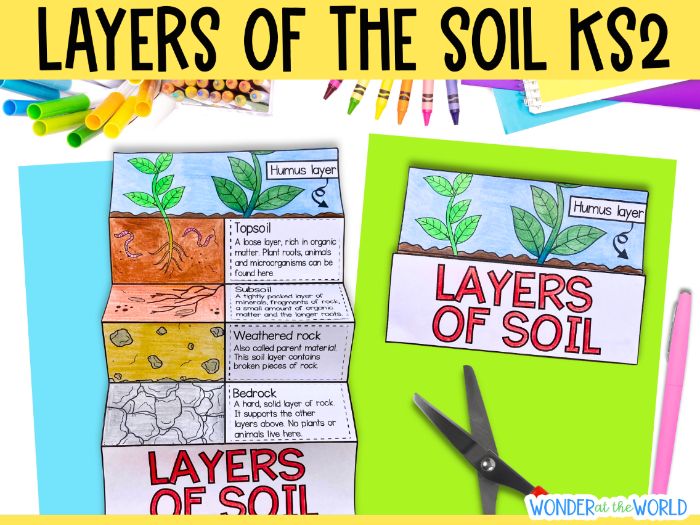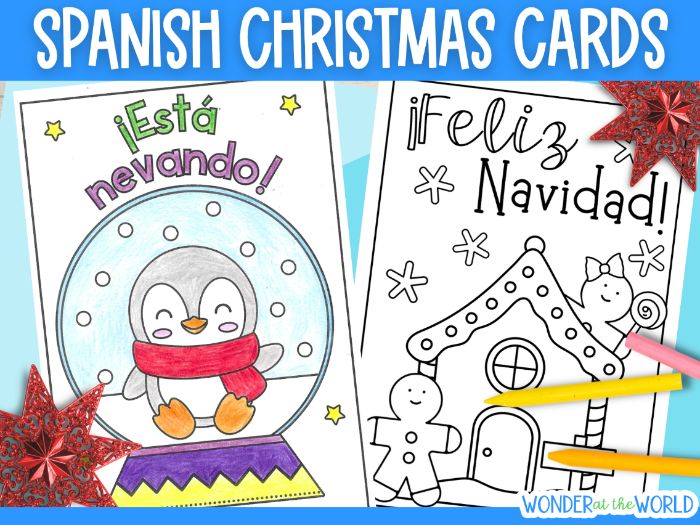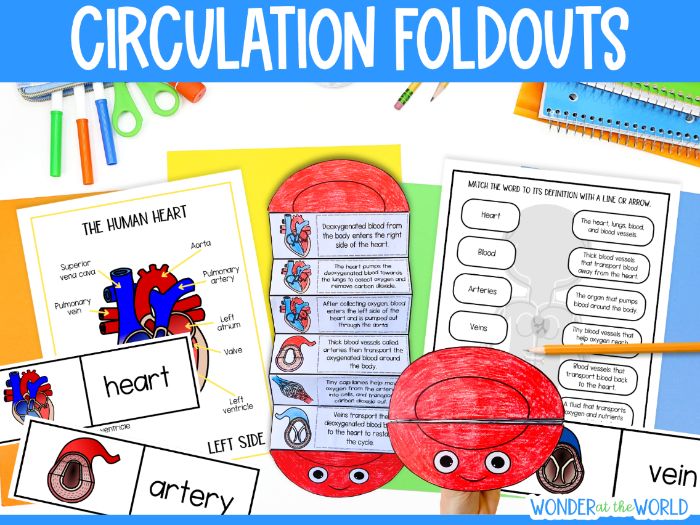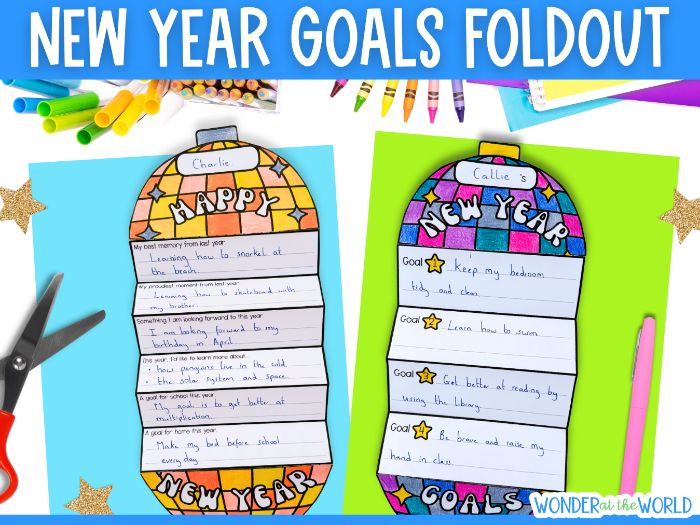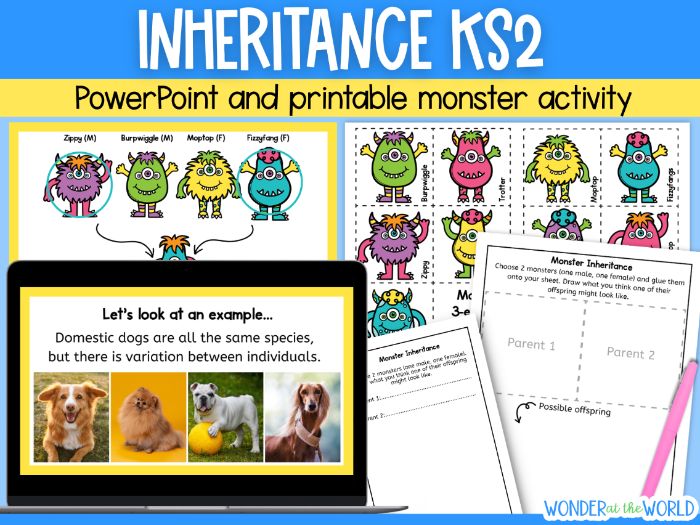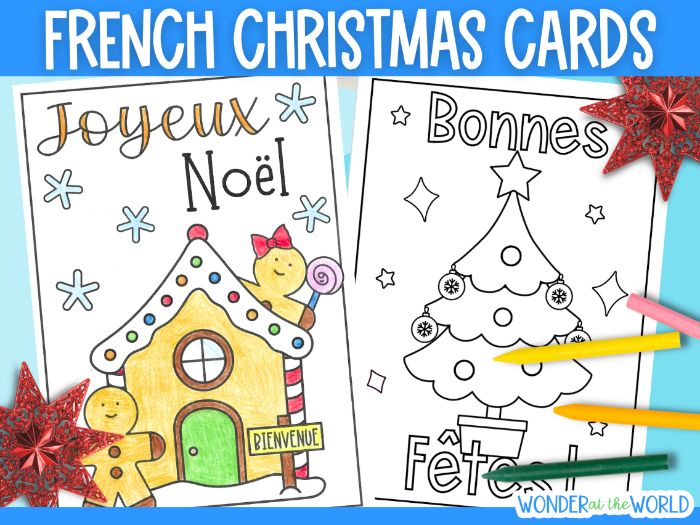Wonder at the World
Welcome to my store and thanks for stopping by! I've been teaching in out-of-school settings for over 15 years. From helping children understand wriggling pythons as a zoo education officer (dream job!), to using historical objects as keys to unlock our past, my teaching experience has been far from typical. I'm currently a schools manager for a museum and art gallery, working with hundreds of children of all ages each year.






